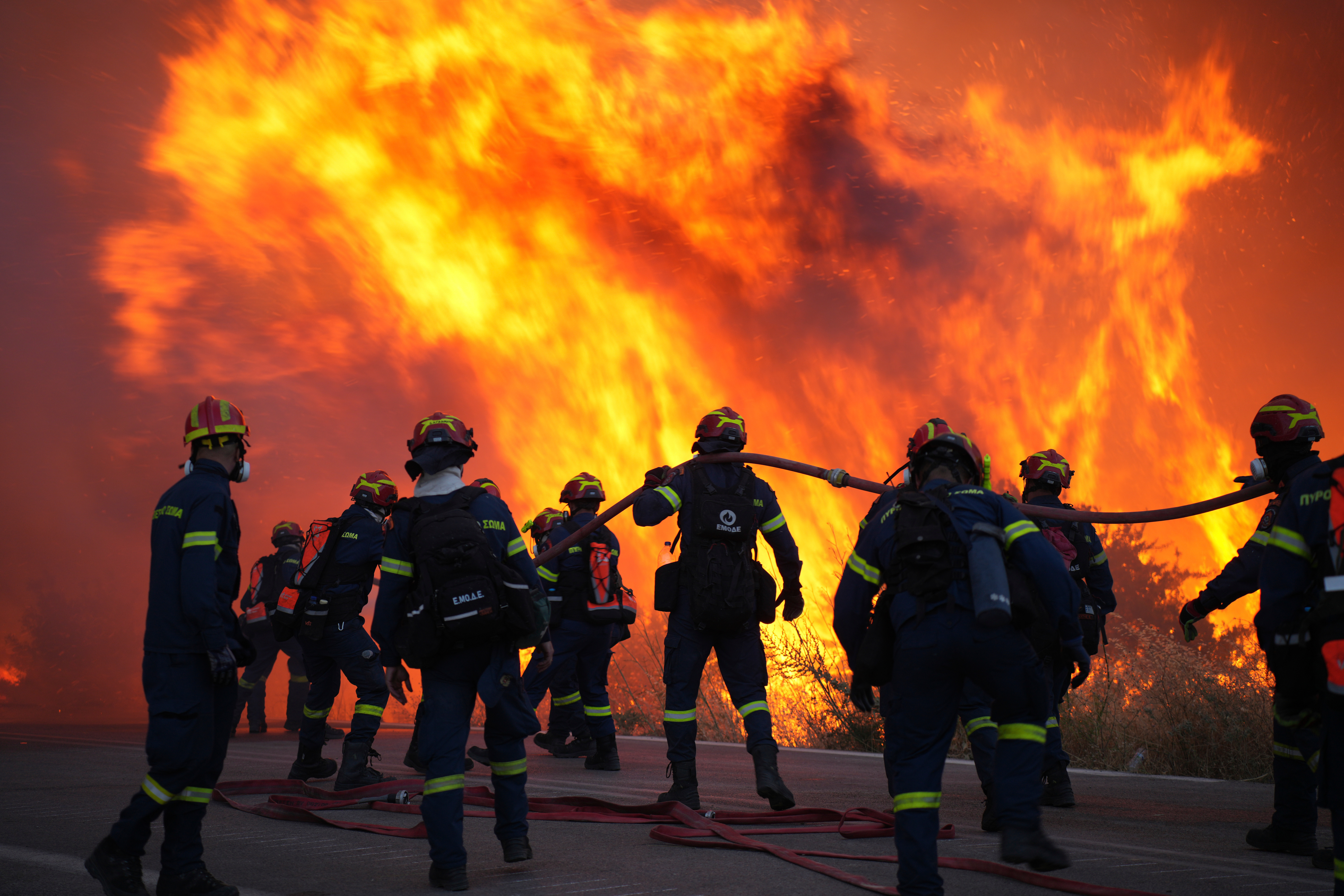
BRUSSELS - June 2025 was the world's third-warmest June on record, trailing only 2023 and 2024, said the EU-funded Copernicus Climate Change Service (C3S) on Wednesday.
The global average surface air temperature in June was 16.46 degrees Celsius, 0.47 degrees above the 1991-2020 average for the month and 1.3 degrees higher than the 1850-1900 pre-industrial level, C3S said in its monthly bulletin.
Europe's average temperature for the month was 18.46 degrees, making it the fifth-warmest June on record. Western Europe, however, experienced its warmest June ever, with temperatures averaging 20.49 degrees.
ALSO READ: Thousands flee wildfires in Turkiye as Europe is hit by early heatwave
"June 2025 saw an exceptional heatwave impact large parts of Western Europe, with much of the region experiencing very strong heat stress," said Samantha Burgess, strategic lead for climate at the European Centre for Medium-Range Weather Forecasts.
She warned that heatwaves are likely to become "more frequent, more intense and impact more people across Europe" in a warming world.

Beyond Europe, above-average temperatures for June were observed across the United States, northern Canada, central and eastern Asia and West Antarctica.
June's global average sea surface temperature (SST) over latitudes from 60 degrees north to 60 degrees south was 20.72 degrees, the third-highest for the month.
ALSO READ: Extreme heatwaves underscore climate urgency, demand action
An "exceptional" marine heatwave developed in the western Mediterranean, where daily SSTs peaked at 27 degrees, the highest ever recorded in the region for June, marking the largest daily SST anomaly globally for any month, C3S noted.
"The long-term trend of rising ocean temperatures is evident globally," said Julien Nicolas, senior scientist at C3S. He noted that higher SST poses a rising threat to marine ecosystems and biodiversity as oceans absorb around 90 percent of the excess heat caused by human-induced climate change.
READ MORE: Europe fastest-warming continent, report finds
Nicolas urged faster action to cut greenhouse gas emissions and to improve climate resilience.
"Reducing emissions and adapting our cities and communities to a world with more extreme weather is critical," he said.


